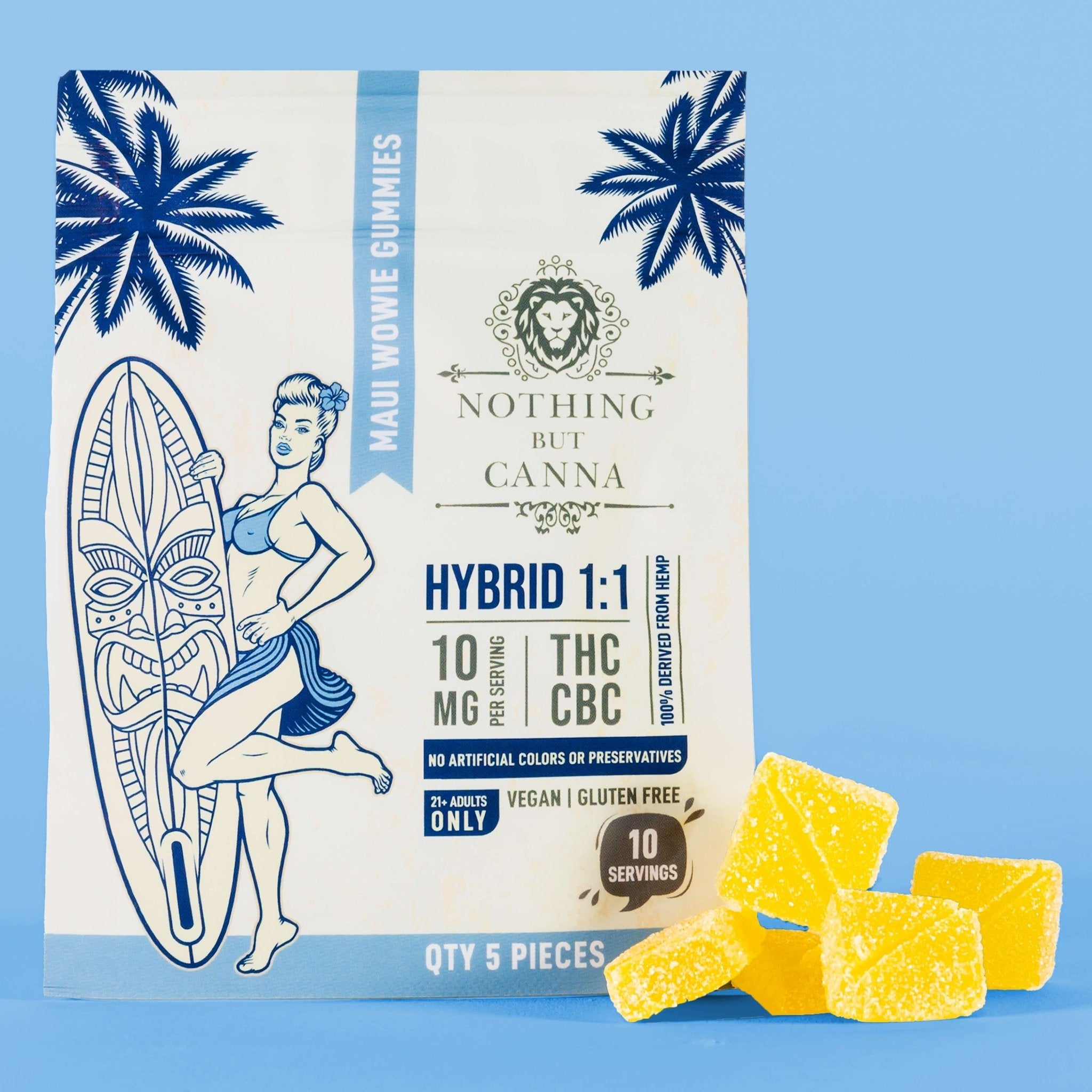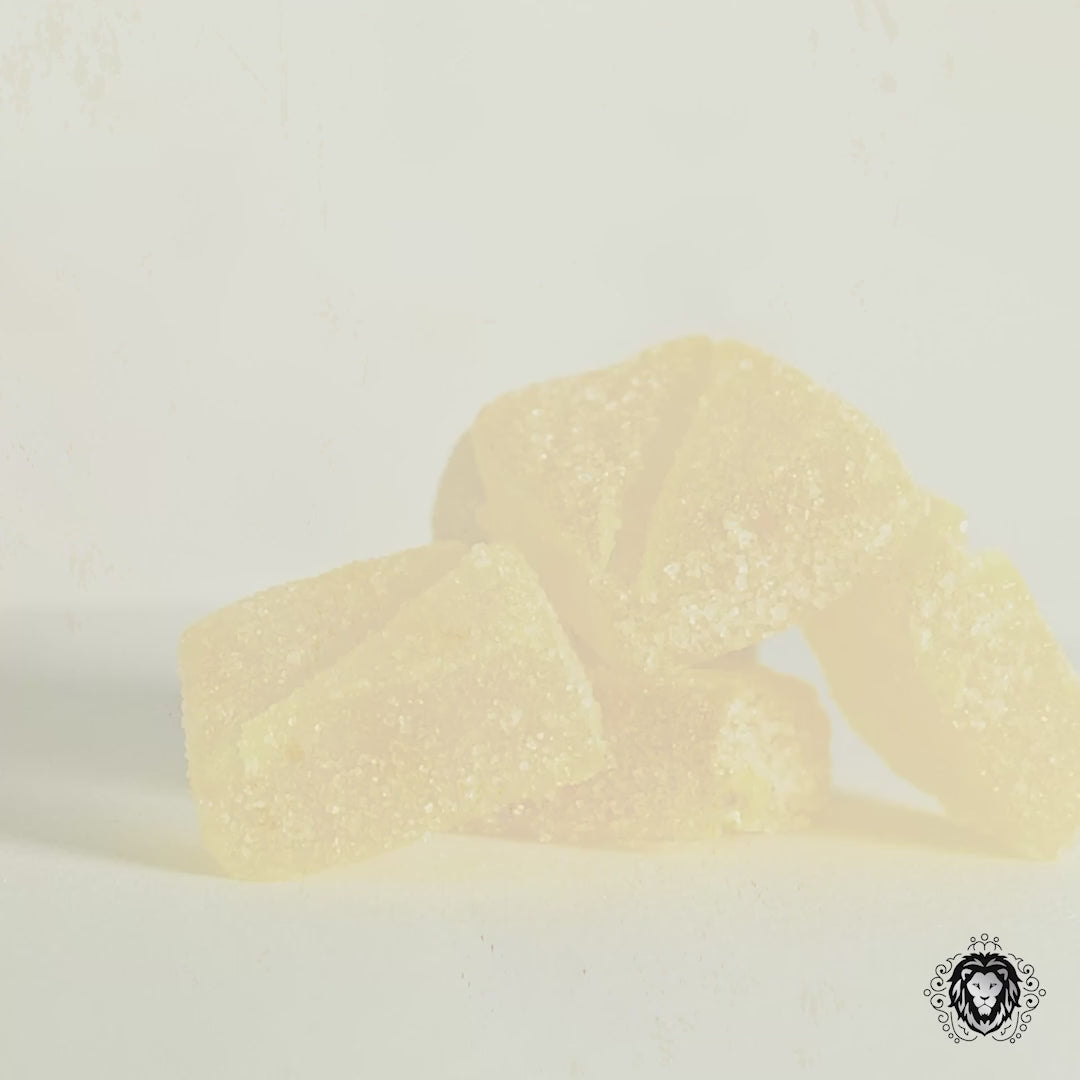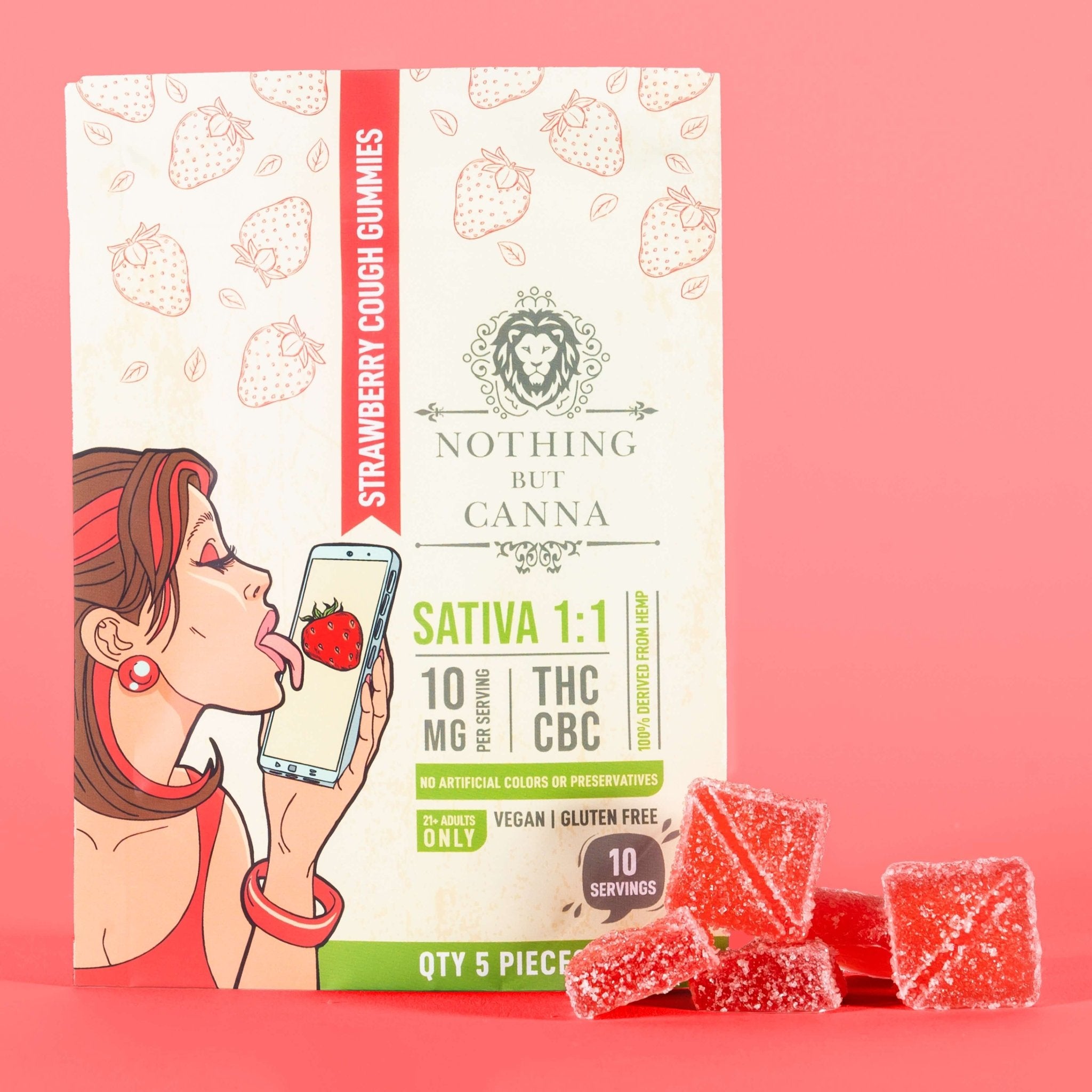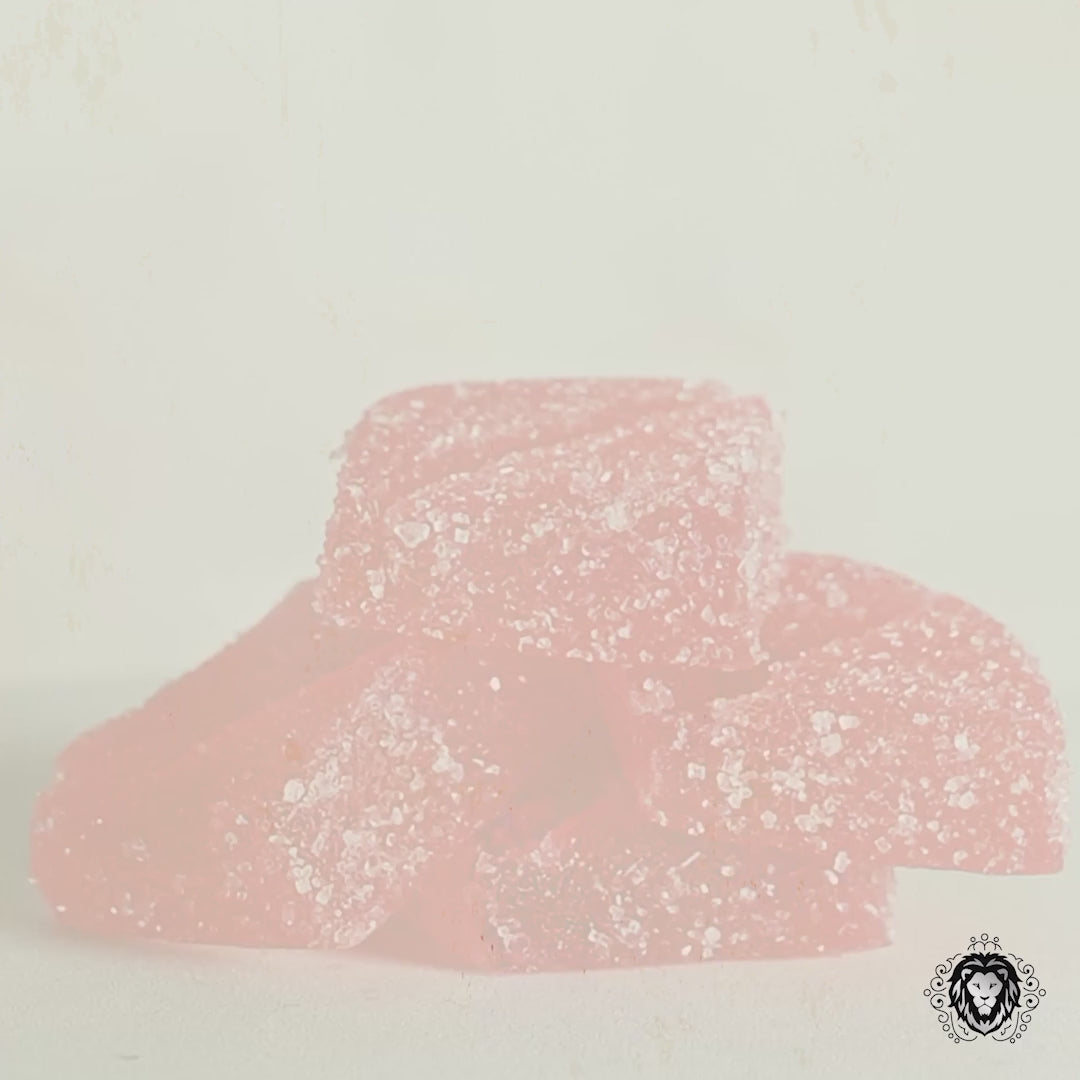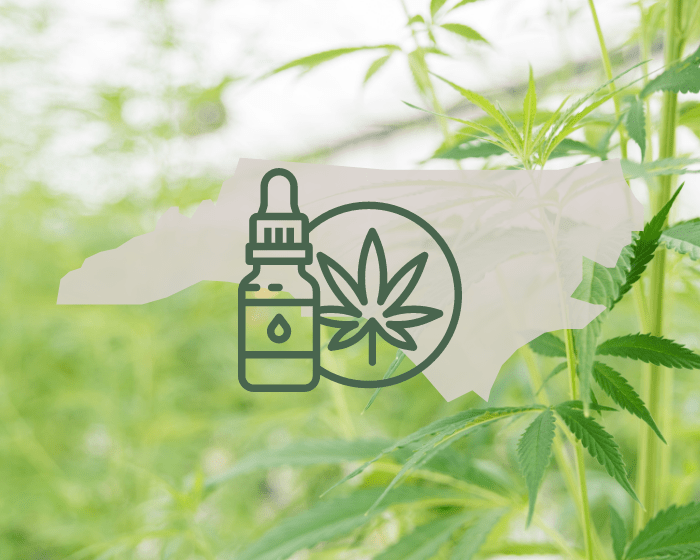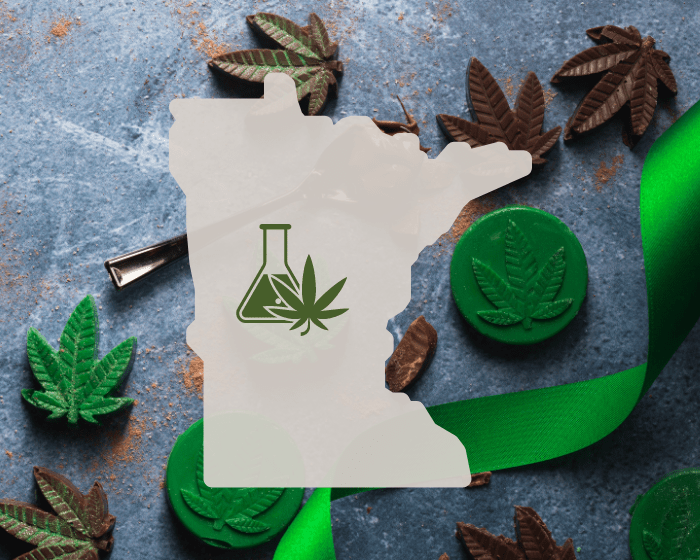
The federal Food and Drug Administration (FDA) sent warning letters May 26 to four companies it said were selling unapproved “animal drugs” containing cannabidiol (CBD).
The FDA’s chief concern was CBD being given to “food-producing animals” — cows, chickens and animals raised for meat. The agency said it didn’t know how widespread the practice of giving CBD to farm animals is, but believes this presents a risk to the animals and food supply.
According to the FDA, the companies it warned were claiming CBD could be used to help farm animals with stress, anxiety, pain, inflammation or injuries.
“These claims, among others,” the FDA wrote, “establish the intended use of the products as drugs.”
The agency noted that it has only approved one CBD product, a prescription drug for rare forms of epilepsy in children. All other CBD products marketed for health issues are considered unapproved drugs and illegal to sell.
“Unapproved drugs like these CBD products have not been evaluated by the FDA to determine whether they are effective for their intended use, what the proper dosage might be, how the products could interact with FDA-approved drugs, or whether they have dangerous side effects or other safety concerns,” the FDA wrote.
The agency pointed to a lack of data about the safety of foods including meat, milk and eggs from animals that have consumed CBD, and said “the drug may be present in the milk, eggs, or meat if the animal is milked, eggs are collected, or the animal is sent to slaughter before the drug is completely out of its system. … Since CBD is an unapproved drug, the FDA has not had the opportunity to evaluate CBD residues in food or to establish an appropriate withdrawal period.”
Research Suggests Hemp is Beneficial to Cattle
The little data we have tells a different story.
Researchers at Kansas State University supplemented the diets of a group of cattle with hemp rich in CBDa, the chemical precursor to CBD. Another group got regular cattle feed during the study. The group fed a hemp-supplemented diet had lower biomarkers of stress and inflammation. And the CBDa didn’t accumulate in the blood.
FDA States Further Concerns
The FDA also said it’s received reports of CBD products contaminated with pesticides or heavy metals, creating concerns about the production process.
Last, the agency voiced worry that farmers might postpone necessary veterinary care because they’re hoping CBD will solve their animals’ health issue.
“Anxiety in animals can be a signal of a range of medical conditions requiring veterinary care from a licensed professional,” the FDA wrote.
The FDA requested written responses outlining how the companies plan to address the violations, saying that failure to do so may result in product seizures and legal injunctions.
Companies the FDA issued letters to:
- Free State Oils (Kansas)
- Hope Botanicals (Texas)
- Kahm (Nevada)
- Kingdom Harvest (North Carolina)
CBD Supplements Also Under Scrutiny
According to the FDA, some of the products these companies were selling were marketed as dietary supplements for humans, even though products containing CBD don’t meet the FDA’s definition of a dietary supplement.
These include:
- oils
- creams
- extracts
- salves
- gummies
Slow to Regulate, FDA Sending More Warnings
Congress and the food industry have called on the FDA to build a regulatory framework for CBD. The agency has yet to do so, keeping sales of CBD products in a regulatory gray area.
Last week, the head of the FDA acknowledged that the agency has done little to regulate CBD products since hemp was legalized in 2018, but also said the FDA would need greater regulatory authority from Congress to build enforceable rules for hemp extracts and derivatives.
The agency has, however, been stepping up enforcement through warning letters and advisories.
May 4, the FDA sent warning letters to five businesses it said made health claims about delta-8 THC products. And on May 13 the agency published an advisory statement about "copycat" THC products that look like popular snacks and cereals, warning of the risk of accidental THC ingestion, especially by children.

































